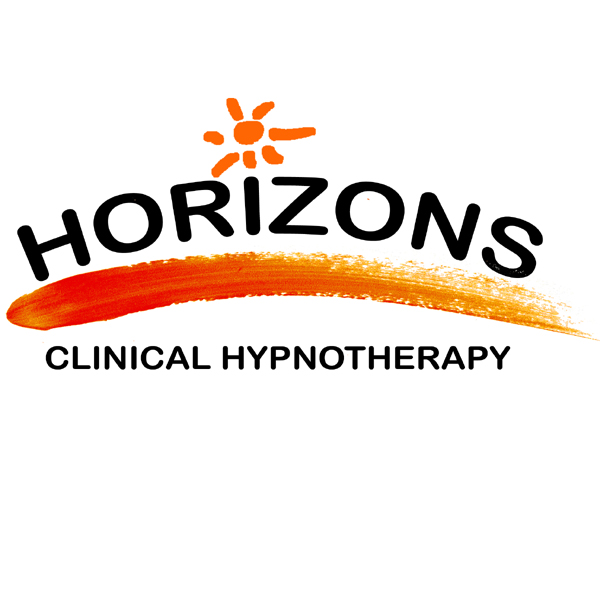Hypnotherapy for children is a niche which requires special attention, mainly because treating children usually involves treating the whole family. I don’t work with children for this reason – I’m more comfortable working one on one. But if you do seek hypnotherapy for your child, there are a few things you should be aware of.
What the naysayers say
Some mental health experts believe that hypnotising children is wrong. I disagree and believe that hypnotherapy, and especially neuro-linguistic programming, can break through barriers that other methods can’t, by using the child’s own version of the world in order to change their thinking and behaviour.
However, the critics argue that the child’s parents are the best placed to answer questions on the child’s behalf; and they suggest that the child should never be left alone with the therapist. I believe this is completely inaccurate. Through my training and my professional associations with child hypnotherapy I know that most often, the child has the issue because of their environment, and often, that is the home environment.
Whether the cause is a parent, a sibling, the family dynamic or something else, a parent’s presence can in fact block the change process for the child. At some stage, other family members are sometimes brought in as part of the therapy process. Then treating children with hypnotherapy fast becomes a group therapy or family therapy scenario. Some hypnotherapists excel in this context.
Therapists are just people
Another reason that some mental health experts will criticise hypnotherapy for children is purely political. Even with adult clients, the medical practitioner may not want his client finding success elsewhere. I was approached by a client who was under the care of a psychologist but was not getting any results. His problem did not involve anti-psychotic medication or other ‘red flags’. Ethically, I always ask the client to seek permission from their psychologist or psychiatrist, if the client is already under their care, so that I don’t complicate things with my approach while they are already on the path to healing. But this client was not getting results, and he wanted to get well. When he asked his psych. if it would be OK to seek hypnosis, the psych. refused.
The client was deeply disappointed and told me he felt that he was being blocked and financially bled. He decided to finish the agreed number of visits to the psychologist, and then to consult with me. It needs to be said that in my experience, most psychologists are fine with their clients having hypnotherapy in conjunction with their current treatment.
Therapists are just people. Some have ego issues, some are untrustworthy, some are excellent and committed to helping others, whatever form of therapy that involves. To find a suitable hypnotherapist for your child, check that they have accreditation with one of the relevant industry associations and that they are registered with the Hypnotherapy Council of Australia. That way you know that the practitioner has the appropriate training and requirements, and that they are considered professional at their work.
Some benefits of hypnosis for children
Hypnotherapy and NLP for children might work especially well for:
- pain management (with agreement from a medical doctor)
- anxiety
- bed wetting
- asthma
- reactive depression
- confidence

